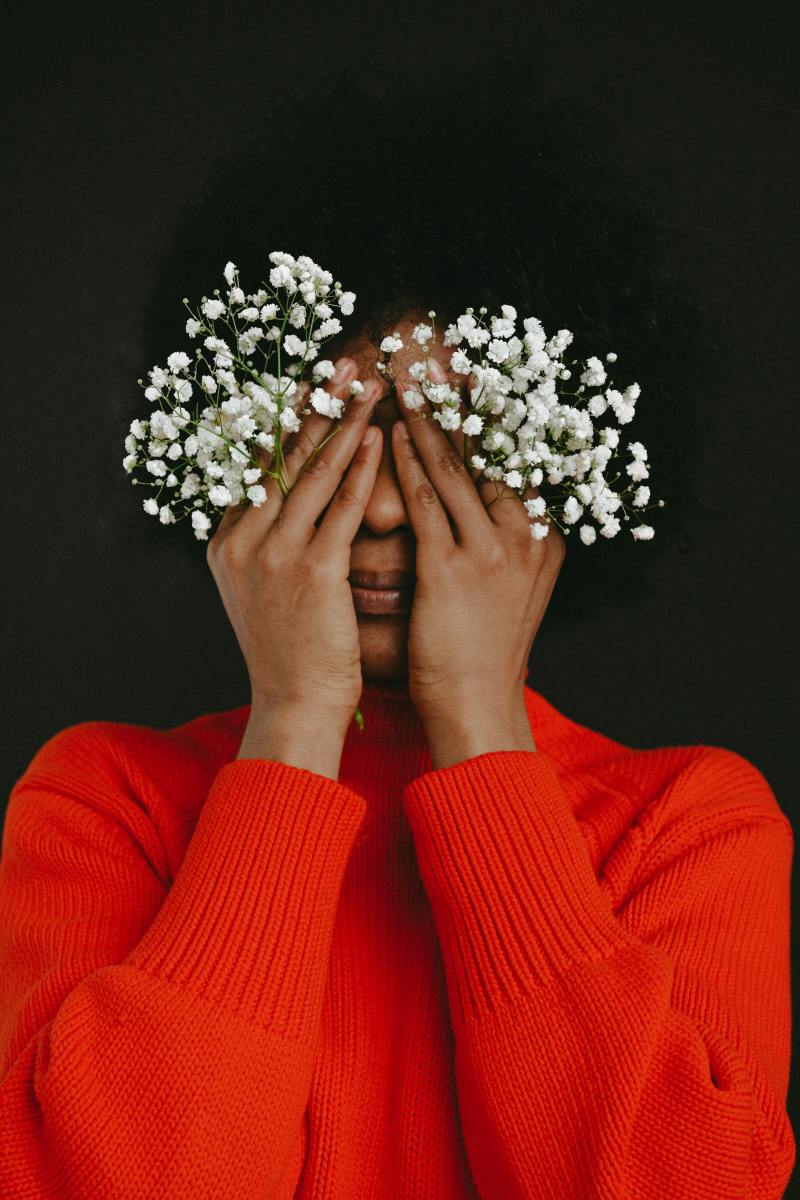
Before I was diagnosed with bipolar disorder, I was misdiagnosed with major depression. It’s extremely common for individuals with bipolar to be misdiagnosed with major depressive disorder. Unfortunately, this misdiagnosis led to receiving inadequate treatment, which prevented me from truly living.
Prior to receiving the correct diagnosis, there were numerous signs I had bipolar disorder that multiple mental health professionals missed. I have always struggled to advocate for myself, but my mom and I expressed our concerns and our cries went unheard. My family began to suspect I had bipolar disorder, but of course, we couldn’t tell the mental health providers how to do their jobs. Finally, in 2014, after being hospitalized for a failed suicide attempt, I was connected with a psychiatrist who made me feel seen and she diagnosed me with bipolar type 1.
According to WebMD, “As many as 20% of people complaining of depression to their doctor actually have bipolar disorder.” Furthermore, about half of individuals who have bipolar see three professionals before receiving the correct diagnosis.
Oftentimes, many people who have bipolar disorder but are diagnosed with clinical depression receive treatment during a depressive episode and their doctors aren’t aware of any mania/hypomania they may have experienced.
When talking about bipolar disorder, it’s important to discuss the different warning signs and symptoms.
Types of Bipolar Disorder
Bipolar 1
A person with bipolar 1 must experience manic episodes. These manic episodes last at least 7 days or have symptoms so severe that they require hospitalization.
While most people with bipolar 1 will also experience depressive episodes, this isn’t required to make a diagnosis.
Bipolar 2
In bipolar 2, an individual still experiences highs and lows; however, those with this diagnosis have episodes of hypomania, which is a milder form of mania.
Cyclothymic Disorder
Cyclothymic disorder involves cyclical mood swings like bipolar 1 and 2, but these shifts are less extreme and do not meet the criteria for full-blown manic and depressive episodes.
Other Specified Bipolar and Related Disorders
This is diagnosed when a person shows some symptoms of bipolar disorder but doesn’t meet all the criteria for a bipolar diagnosis.
While each type of bipolar disorder has unique features, they all involve mood shifts that can impact an individual’s daily life. Regardless of which type of bipolar disorder you’re diagnosed with, it’s still a severe condition that can be managed with the right treatment and lifestyle changes.
Symptoms of Bipolar Disorder
The symptoms of bipolar disorder will vary depending on the person; however, symptoms are broken up into two main episodes: mania/hypomania and depression.
Mania or Hypomania Symptoms
- Elevated mood: Feeling unusually happy or euphoric
- Elated energy: A noticeable surge in energy often described as “feeling on top of the world”
- Unusual talkativeness: Speaking quickly or excessively, often jumping from one topic to the next
- Racing thoughts: Thoughts often feel out of control
- Reduced need for sleep: Feeling rested after only a few hours of sleep or not sleeping at all
- Irritability: Increased frustration or aggression
- Hypersexuality: Increased sexual thoughts or desires and impulsive sexual behavior
- Impulsivity: Engaging in risky or reckless behaviors
- Grandiosity: Overconfidence or exaggerated self-importance
- Psychosis: Delusions, hallucinations, or disorganized thinking
- Distractibility
Depressive Symptoms
- Feeling sad, empty, or hopeless
- Loss of interest or feeling no pleasure at all
- Feeling slowed down or restless
- Insomnia or sleeping too much
- Fatigue or loss of energy
- Feeling worthless or guilty
- Weight loss or weight gain
- Decrease or increase in appetite
- Trouble concentrating or making decisions
- Feeling lonely or isolating yourself from others
- Physical aches and pains
- Thinking about death or suicide
There are times when a person with bipolar may experience both manic and depressive episodes at the same time. This is considered a mixed episode.
If you think you might have bipolar disorder, the best thing to do is to see a mental health professional to get a proper diagnosis. Recognizing the warning signs and symptoms early is crucial for intervention and effective treatment. Being diagnosed with bipolar disorder, or any mental illness, can be terrifying. But it’s important to know that this condition doesn’t define you. It’s a part of you, not all of you. There is joy on the other side of your diagnosis.
Initially, when I was diagnosed, I was angry because I’d spent so much time trying to advocate for myself only to be shut down. Next to anger, I felt scared. I knew very little about what bipolar disorder was or what it meant for my future. Thankfully, the psychiatrist who diagnosed me was able to calm my worries. She was a part of the reason I knew I’d be ok and we talked about how many people who shared my diagnosis go on to have happy and successful lives.
Receiving a proper diagnosis gives you the chance to seek treatment so that you can effectively manage your mental illness. Yes, bipolar disorder can rob you of so, but it is possible to be healthy and happy.







